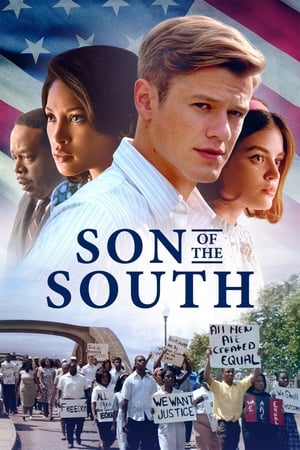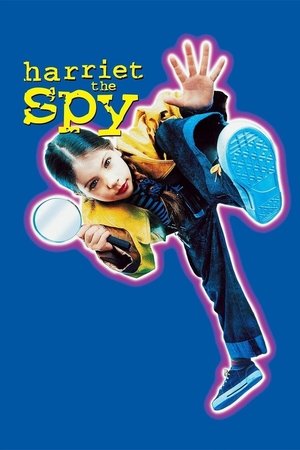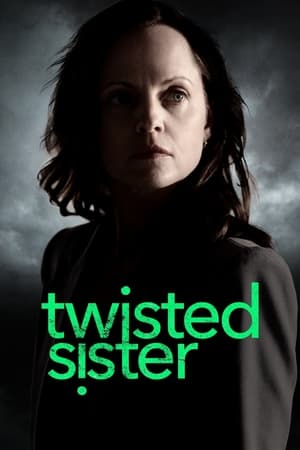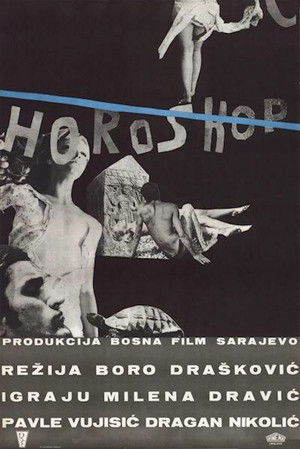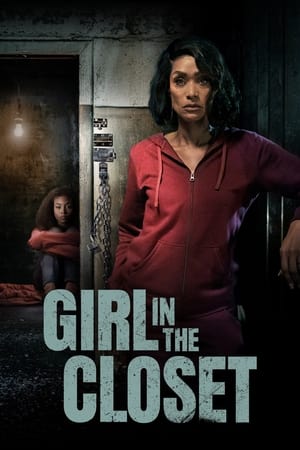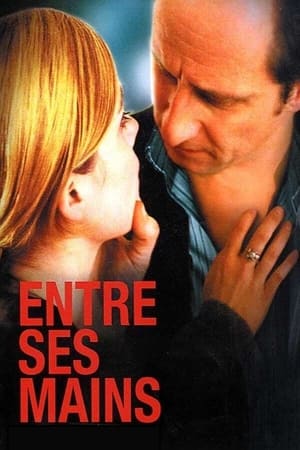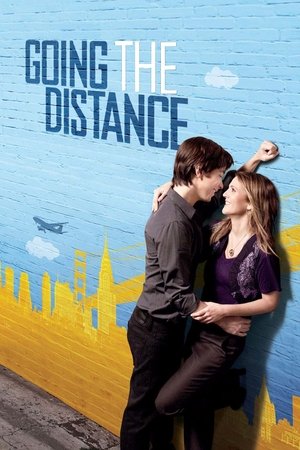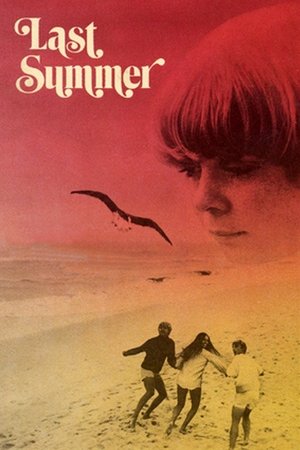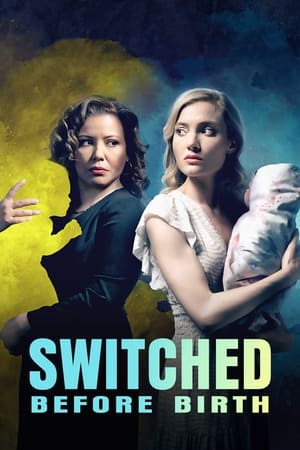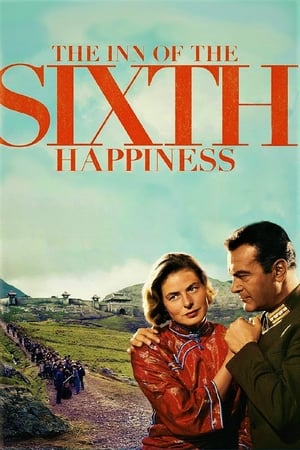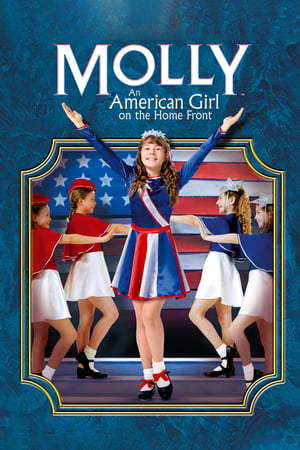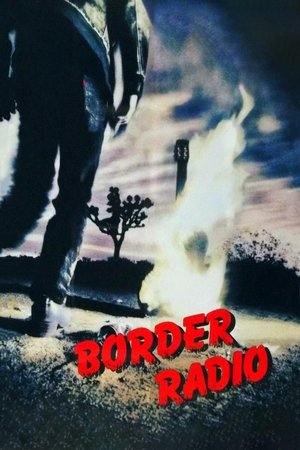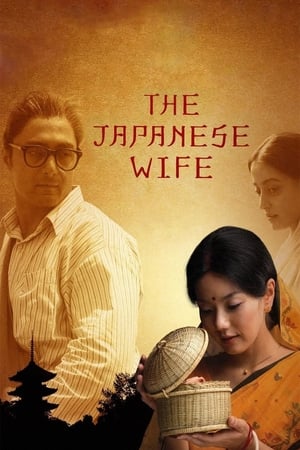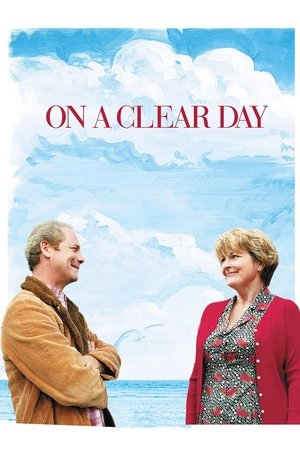Overview
After her mother's death, six-year-old Frida is sent to her uncle's family to live with them in the countryside. But Frida finds it hard to forget her mother and adapt to her new life.
Reviews
I have now watched the second of both Carla Simón's feature-length, award-winning films, and I have to say: I am in complete awe of her talent as a story-teller and a director. Even if (like Rainer Maria Rilke) this is the best she's got, then (also like said poet), it's more than enough.
In Spain, after Franco finally died, a counter-culture movement, la movida madrileña, exploded into a party of art, music, film (Almodovar for one), and of course sex and drugs. As a direct consequence, so many people contracted HIV and died in late 80s and 90s (not only in Spain). This is a story of one child (Frida - autobiographically then, Carla Simón herself) who lost both parents, and was suddenly forced to adopt a new mother and father.
The painful experience of adopting to a new family is told from the child's POV. It's heart-rending. It's beautiful. And it's brilliant: For 90 minutes, I kept asking myself "How in the hell did this director elicit those performances from not one, but TWO very young actors?" Everything about the movie rises to that level.

 98 min
98 min
 7.05
7.05
 2017
2017
 Spain
Spain
 badelf wrote:
badelf wrote: